画像 importance of rh blood group system 213840-Why is rh blood group important
· The International Society of Blood Transfusion currently recognizes 30 blood group systems (including the ABO ISBT No 001 and Rh systems ISBT No 004) (see Table 4) Thus, in addition to the ABO antigens and Rh antigens, many other antigens are expressed on the RBC surface membrane A complete blood type would describe a full set of 30 substances on theIn 1939, the Rh blood group system was first recognized during the investigation of a female patient's clinical presentation during and after delivery of a stillborn infant The patient also received a transfusion (blood was from the father of the baby) after the delivery Select the correct name(s) of the clinical presentations from the list given below Hemolytic disease of the newborn2 See answers ᏕɱartYᎶᴜʀɭ ᏕɱartYᎶᴜʀɭ Answer here's ur answer dude Explanation It has remained of primary importance in obstetrics, being the main cause of hemolytic disease of the newborn (HDN) The complexity of the Rh blood group antigens begins with the highly polymorphic genes that encode them hope it

Blood Types
Why is rh blood group important
Why is rh blood group important-When Rh system antibodies are encountered inthe routine blood bank laboratory, it is important to beaware of the Rh antibodies that often occur togetherFor example, sera containing antiD often containantiG as well R1R1people who make antic haveprobably been exposed to E antigen as well and mayalso have lowlevel antiEThe Rh (Rhesus) blood group system (including the Rh factor) is one of thirtythree current human blood group systems It is the most important blood group s




Blood Group Rh An Overview Sciencedirect Topics
Rh Blood Group System (FLImmuno/62) by Frank Lectures The Rh blood group system consists of 49 defined blood group antigens, among which the five antigens D, C, c, E, and e are the most important In immunology, an antigen is a molecule capable of inducing an immune response in the host organism There is no d antigenThe Rh blood group system (C, c, E, e, D, and more than 50 other antigens) is second only to ABO in clinical importance, because the Rh antigens, especially D, are highly immunogenic and the antibodies can result in delayed hemolytic transfusion reactions (HTRs) and hemolytic disease of the fetus and newborn (HDFN)The ABO blood group system consists of 4 types of blood group – A, B, AB, and O and is mainly based on the antigens and antibodies on red blood cells and in the plasma Both antigens and antibodies are protein molecules in which antigens are present on the surface of Red Blood Cells and antibodies are present in the plasma which is involved in defending mechanisms On the
The Rh blood group system (C, c, E, e, D, and more than 50 other antigens) is second only to ABO in clinical importance, because the Rh antigens, especially D, are highly immunogenic and the antibodies can result in delayed hemolytic transfusion reactions (HTRs) and hemolytic disease of the fetus and newborn (HDFN) · ABO blood group system was accepted by National Research Council 1930 Karl Landsteiner Awarded by Nobel prize in physiology and medicine 1950 ABO blood group system was universally followed 1978 Finne Described the presence of polylactosamine chains in the human erythrocyte glycoproteins Overview According to the ABO blood group system, there are four blood · Rh Blood Group System The second major blood grouping system is the Rhesus (Rh) system Philip Levine, in 1939, discovered that the sera of most women who gave birth to infants with hemolytic disease contained an antibody that reacted with the red cells of the infant and with the red cells of 85% of Caucasians
Rh blood group At present, the Rh system comprises 55 antigens, however new antigens continue to be discovered The Rh antigens are located on the red cell membrane protein The D antigen is the most immunogenic and important Rh antigen, followed by c and E Routine Rh typing of donors and patients only test for the presence/absence of the D antigen The presence of D antigen onThe Rh blood group system is the second most clinically significant of the blood groups, second only to ABO It is also the most polymorphic of the blood groups, with variations due to deletions, gene conversions, and missense mutations The Rh blood group includes this gene, which encodes the RhD protein, and a second gene that encodes both the RhC and RhE antigens on a single/04/16 · 22 The Rh blood group system is one of thirty five current human blood group systems It is the most important blood group system after ABO Rh blood group system consists of 50 defined bloodgroup antigens, among them there are six common types of Rh antigens Each of which is called an Rh factor
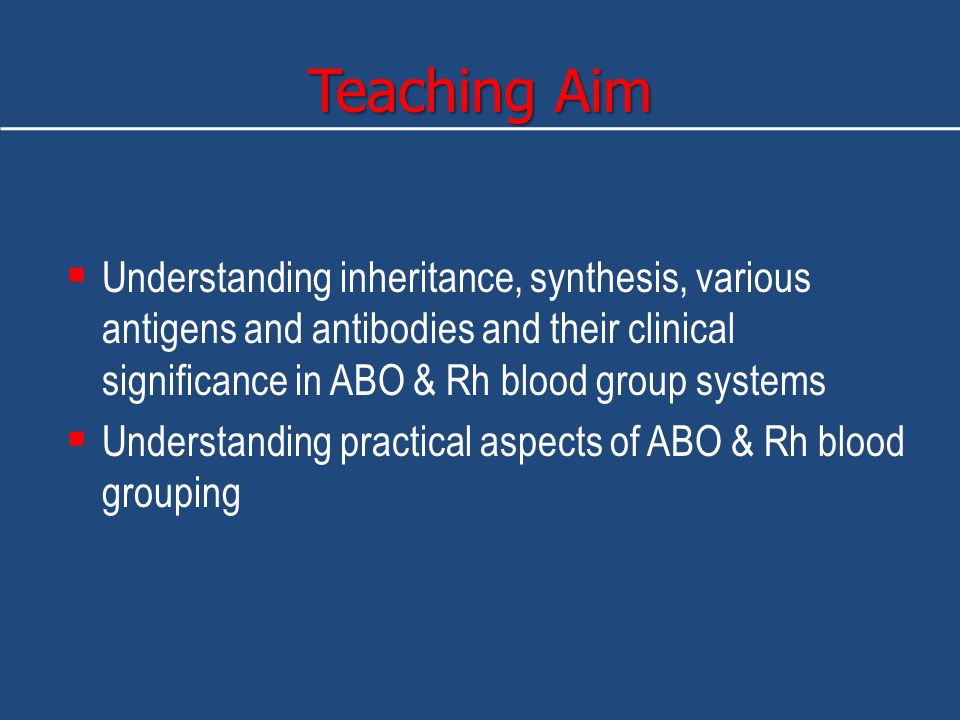



Abo And Rh Blood Group Systems Ppt Download
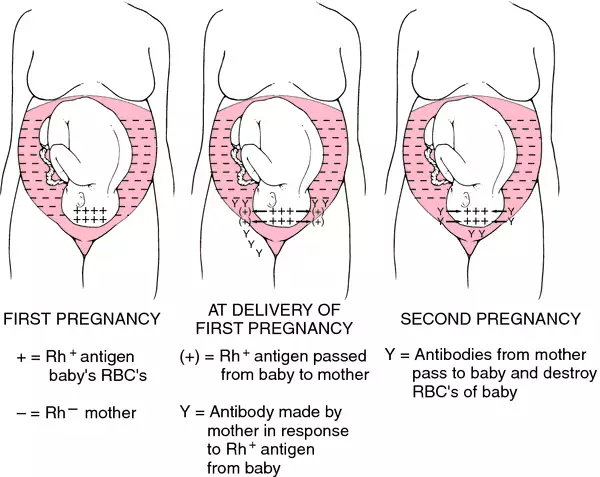



Rhesus Blood Group System Definition Of Rhesus Blood Group System By Medical Dictionary
· After the ABO system, the Rh (Rhesus) blood group system is regarded as the second most important blood group system, as some of the severe hemolytic transfusion reactions and most hemolytic'O' group is the most frequent in ABO blood group system followed by 'A' blood group Rh factor also varies among sex The percentage of Rh positive was 9593% followed RhBlood type for a blood transfusion is also important in regards to another specific antigen, Rh, that adheres to the surface of red blood cells as well This antigen is referred to as a factor Individual who have the Rh antigen are referred to as Rh positive (Rh) and those who don't are referred to as Rh negative (Rh) The Rh blood type for a blood transfusion is noted because a person
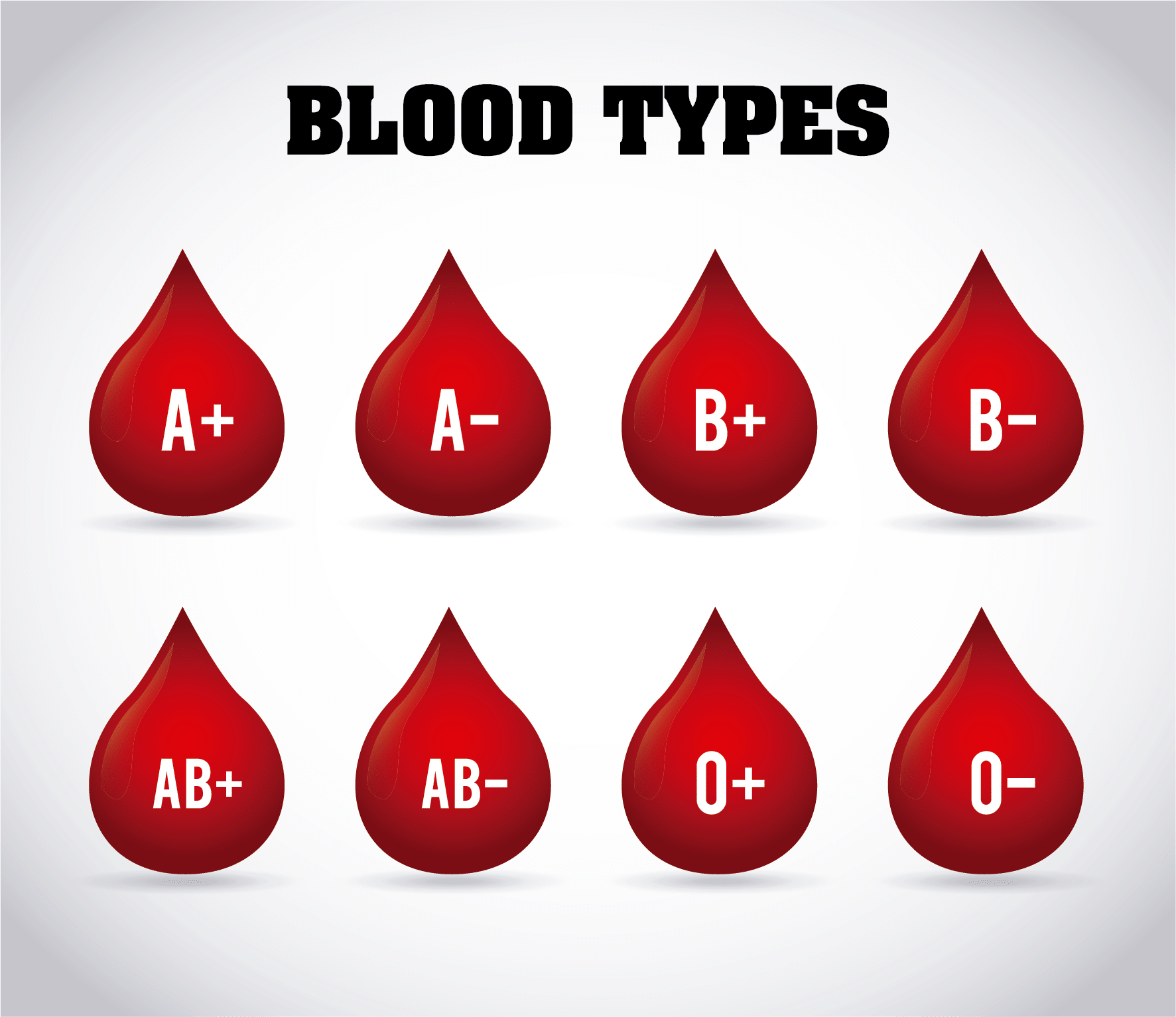



5 Reasons Why You Need To Know Your Blood Type Walkin Lab




Blood Group Rh An Overview Sciencedirect Topics
The ABO blood group system is used to denote the presence of one, both, or neither of the A and B antigens on erythrocytes In human blood transfusions it is the most important of the 38 different blood type (or group) classification systems currently recognized A mismatch (very rare in modern medicine) in this, or any other serotype, can cause a potentially fatal adverse reaction · Rh Blood Group System • This system also discovered by Karl Land Steiner(1940) • Second important blood group system • The main cause of hemolytic disease of new born(HDN) 25 Rh Blood Group • Consists of 49 antigens • Most significant are D,C,E,c and e • Commonly used term Rh factor refer to D antigen on RBCs surface 26Rhesussystem is the second most important blood group system after ABO Currently, the Rhsystem consists of 50 defined blood group antigens out of which only five are important RBC surface of an individual may or may not have a Rh factor or immunogenic Dantigen Accordingly, the status is indicated as either Rhpositive (Dantigen present) or Rhnegative (Dantigen




Abo And Rh Blood Group Systems Ppt Download




Rh Blood Group System Wikipedia
· After the ABO system, the Rh (Rhesus) blood group system is regarded as the second most important blood group system, as some of the severe hemolytic transfusion reactions and most hemolytic · The Rh system consists of 50 defined blood group antigens among which 5 are the most important These five are the antigens D, C, c, E, and e however, the common classification of Rh blood group is based on the D antigen The terms Rh positive and Rh negative refer to whether the Rh Antigen D is present on the surface of the blood or notEach blood group system represents either a single gene or a cluster of closely linked homologous genes There are now 41 formally registered blood group systems The 45 genes responsible for these systems have been identified and sequenced and polymorphisms associated with the blood group antigens are known Most blood group polymorphisms result from single nucleotide
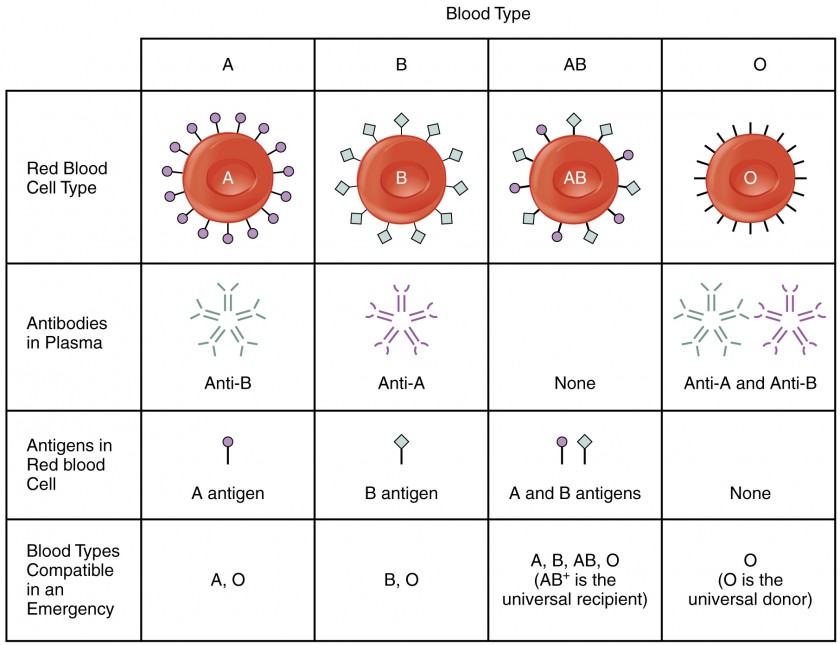



Blood Typing Anatomy And Physiology Ii
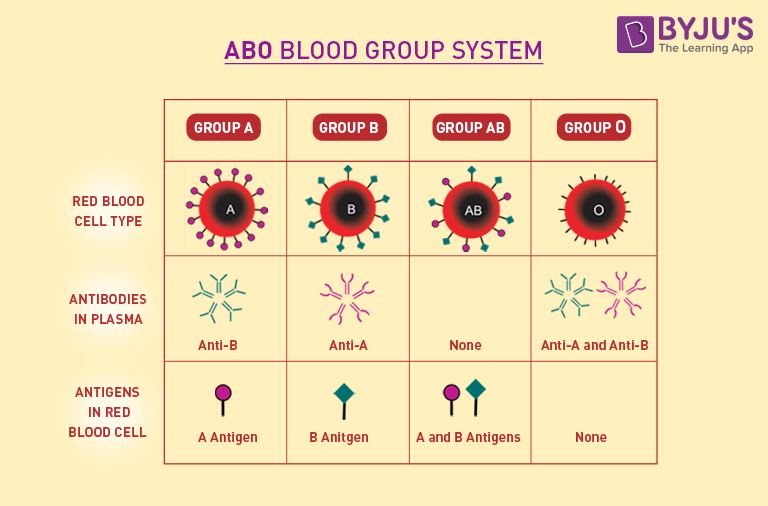



Blood Groups Abo Blood Group Rh Blood Group Systems Byju S
In this article we will discuss about ABO and Rhesus blood group systems ABO Blood Group The 'father of immunohaematology', Dr Landsteiner, first described the ABO blood group system in 1900 He observed that the serum of others agglutinated the red cells of some individuals Detailed report of these phenomena heralded the discovery of the first human blood groups His limited · Rh Blood Group System Rh disease can develop in these cases Rh negative blood classifications are a great deal less consistent in Asian populaces (03%) than they are in White populaces (15%) The nearness or nonattendance of the Rh (D) antigen is implied by the or − sign, so that, for instance, the A− gathering is ABO sort and does not have the Rh (D) antigen 33 bloodBlood type The Rh (Rhesus) blood group system (including the Rh factor) is one of thirty current human blood group systems Clinically, it is the most important blood group system after ABO At present, the Rh blood group system consists of 50 defined bloodgroup antigens, among which the five antigens D, C, c, E, and e are the most important
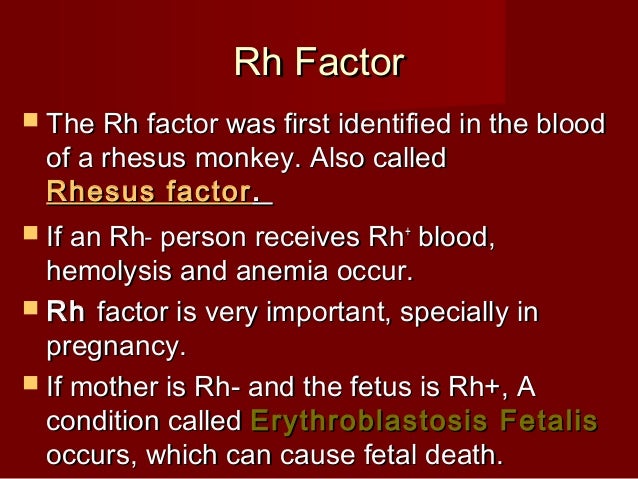



6 Abo And Rh Blood Typing



Www Transfusionguidelines Org Document Library Documents Serology Website Pdf Download File Serology Website Pdf
See Article History Rh blood group system, system for classifying blood groups according to the presence or absence of the Rh antigen, often called the Rh factor, on the cell membranes of the red blood cells ( erythrocytes ) The designation Rh is derived from the use of the blood of rhesus monkeys in the basic test for determining the presence ofThe Rh system is is an important blood group system for transfusion There are five main Rhesus (Rh) antigens on red cells – C, c, D, E, e The most important of these is the Rh D groupCh 7 The Rh Blood Group system STUDY Flashcards Learn Write Spell Test PLAY Match Gravity Created by Stephenstiff14 Terms in this set (23) 3 LIst 5 common antigens of the Rh systemDCcEe 6 Discuss the development of the Rh antibodiesLandsteiner and Weiner identified an antibody made by guinea pigs and rabbits when transfused with Rhesus monkey




Genetically Determined Abo Blood Group And Its Associations With Health And Disease Arteriosclerosis Thrombosis And Vascular Biology




Importance Of The Blood Groups In Laboratory And Clinical Medicine Nejm
Are the ABO and the Rh blood group systems ABO and H blood group systems Although the ABO and H are two different blood group systems genetically they will be described together as they are closely related, both at the biochemical and phenotype level The ABO system is the most important blood group system in transfusion therapy and was the first blood group system toLectins, as an antigenic determinant of blood group, have come to be an important tool in the identification of different blood groups A handful of lectins may be considered excellent reagents for antiA, antiB, antiN etc, but the antiA and antiM are not yet regarded as commercially suitable antisera Lectin from Vicia cracca has been proved to be a good antiA, lectin fromThe NHS Blood and Transplant (NHSBT) website has more information about the Rh system Blood group test To work out your blood group, your red cells are mixed with different antibody solutions If, for example, the solution contains antiB antibodies and you have B antigens on your cells (you're blood group B), it will clump together If the blood does not react to any of the anti




Toward Universal Donor Blood Enzymatic Conversion Of A And B To O Type Journal Of Biological Chemistry



1
25 The Rh system There are five main Rh antigens on red cells for which individuals can be positive or negative C/c, D and E/e RhD is the most important in clinical practice Around 85% of white Northern Europeans are RhD positive, rising to virtually 100% of people of Chinese originBlood typing is particularly important for pregnant women, as blood groups are hereditary and can be passed from either the mother or father In cases where the father of the baby has the RhD positive blood group and the mother of the baby has the RhD negative blood group, the baby may be RhD positive which can cause compatibility issues/09/ · What is the importance of of RH blood group system?




Blood Groups Red Very Important Green Only Found



Rh Blood Group System Authorstream
The Rh blood group system is the most polymorphic of the human blood groups, consisting of at least 45 independent antigens and, next to ABO, is the most clinically significant in transfusion medicine The ability to clone complementary DNA (cDNA) and sequence genes encoding the Rh proteins has led to an understanding of the molecular bases associated with some of the Rh antigens Serologic detection of polymorphic blood group antigens and of phenotypes provides a valuableThe Rh blood group is one of the most complex blood groups known in humans From its discovery 60 years ago where it was named (in error) after the Rhesus monkey, it has become second in importance only to the ABO blood group in the field of transfusion medicine It has remained of primary importance in obstetrics, being the main cause of hemolytic disease of the newborn · We're also classified as positive or negative, based on whether our blood cells carry a protein called the Rhesus D (RhD) antigen These two




What Are The 3 Rarest Blood Types




The Importance Of Blood Type In Japanese Culture Japan Today
· Both ABO and Rh blood group systems follow the Mendelian inheritance patterns A combination of both ABO and RH blood groups are used in the determination of the blood type of an individual Both ABO and Rh blood groups are crossmatched when a blood transfusion is needed Anyone can receive O negative blood type in an absolute emergency Difference Between ABO Blood Group and RH Blood GroupABO and Rh blood group systems are the most important blood grouping systems from clinical aspect Determination of blood group is important forThe Rh blood group system is a human blood group system It contains proteins on the surface of red blood cells It is the second most important blood group
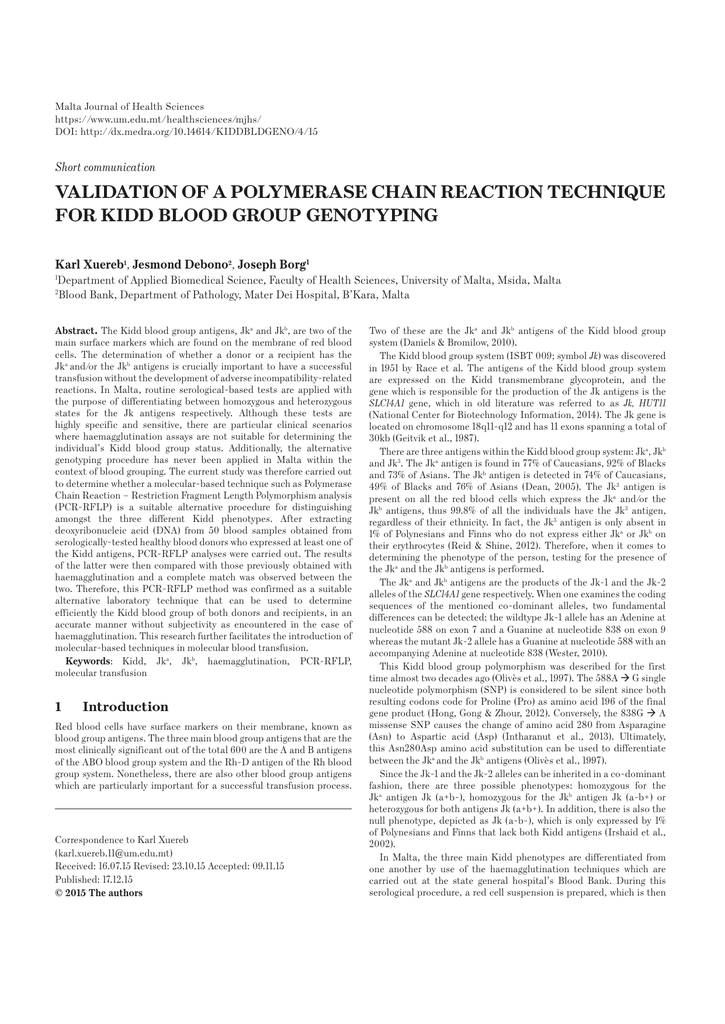



Document




Importance And Dangers Of Rhesus Factor Rf Blood Group System Steemit
The clinical importance of the ABO blood group system derives from the universality of its antibodies and their in vivo potency The 'naturally occurring' antibodies of the majority of group A or B individuals are mainly IgM and produced in response to environmental ABO antigens, eg from microbes in the gut and respiratory tract Such IgM antibodies, although displaying optimal · The Rhesus system (Rh) is the second most important blood group system in humans The most significant and immunogenic Rhesus antigen is the RhD antigen The Rh factor is present on the surface of RBC in most people It is a type of antigen and those who have it are called Rh Those who lack this antigen are called Rh The Rh antibodies are absent in the blood of those persons who have Rh



3




Blood Type Test Guide
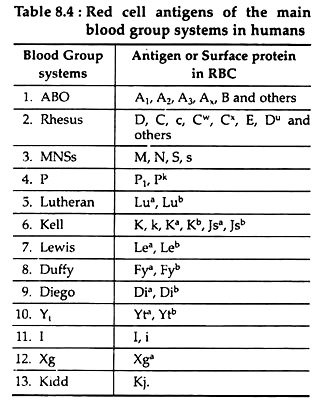



Blood Group Systems Abo And Rhesus Biochemistry
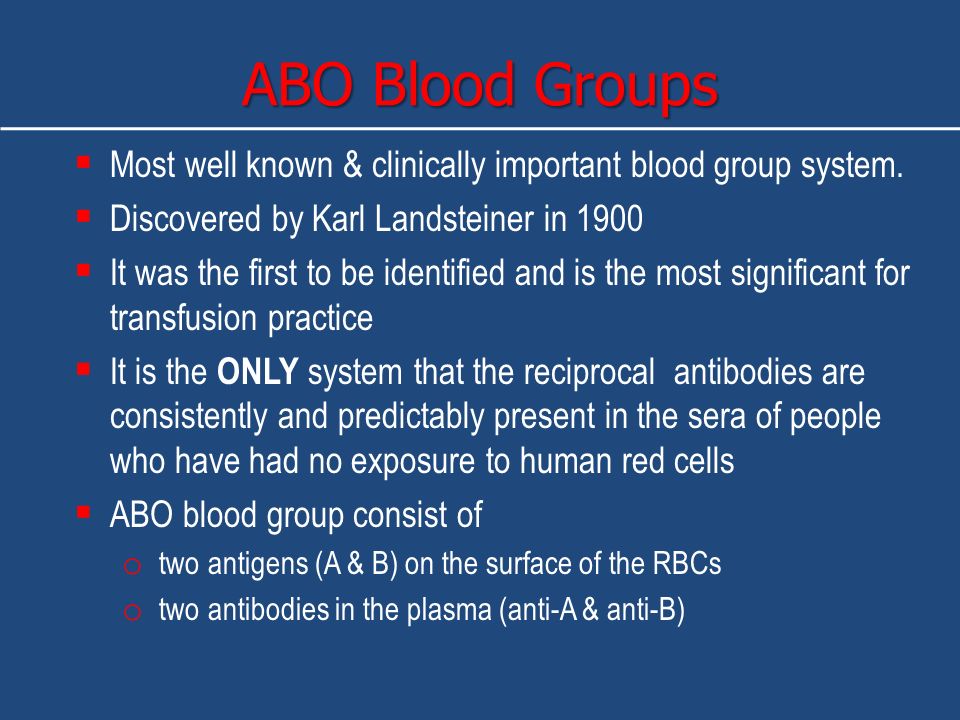



Abo And Rh Blood Group Systems Ppt Download
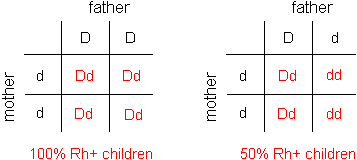



Human Blood Rh Blood Types




Matching Blood Groups Australian Red Cross Lifeblood




Rh Factor Explained




Blood Types




Why It S Important To Know Your Blood Type Before Pregnancy



1




The Rarest And Most Common Blood Types By Ethnicity




Rh Blood Group Definition Rh Factor Rh Incompatibility Britannica
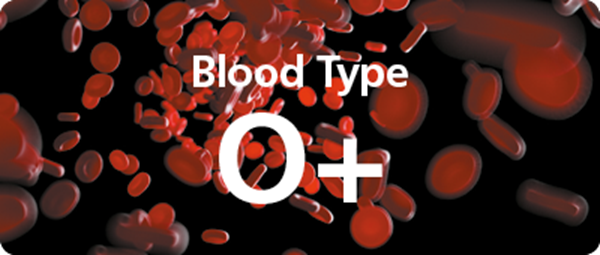



Blood Types Nhs Blood Donation



Difference Between Abo Blood Group And Rh Blood Group Definition Determination Types




The Rh Blood Group Blood Groups And Red Cell Antigens Ncbi Bookshelf




Blood Type Chart And Information On Blood Group Types Disabled World



Weekender What Blood Types Are Really About
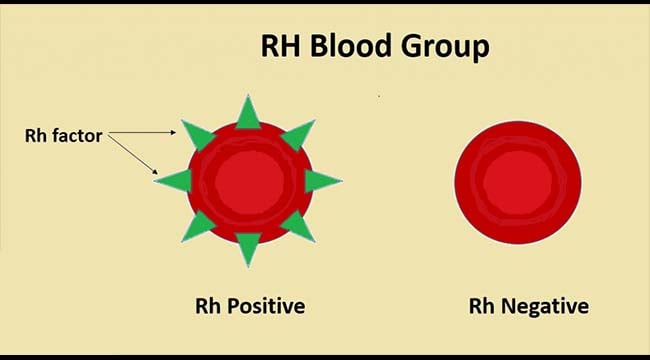



Rh Blood Group System Microbe Notes
/cloudfront-us-east-1.images.arcpublishing.com/tgam/JTDQXJ4X7JFOBOOJKCCW7JWUNA)



Why Should I Know My Blood Type The Globe And Mail




Blood Groups Abo And Rh Blood Type Allele




Blood Group Rhesus System An Overview Sciencedirect Topics
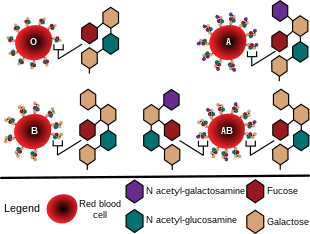



Abo Blood Group System Wikipedia




Rhesus Antigen An Overview Sciencedirect Topics
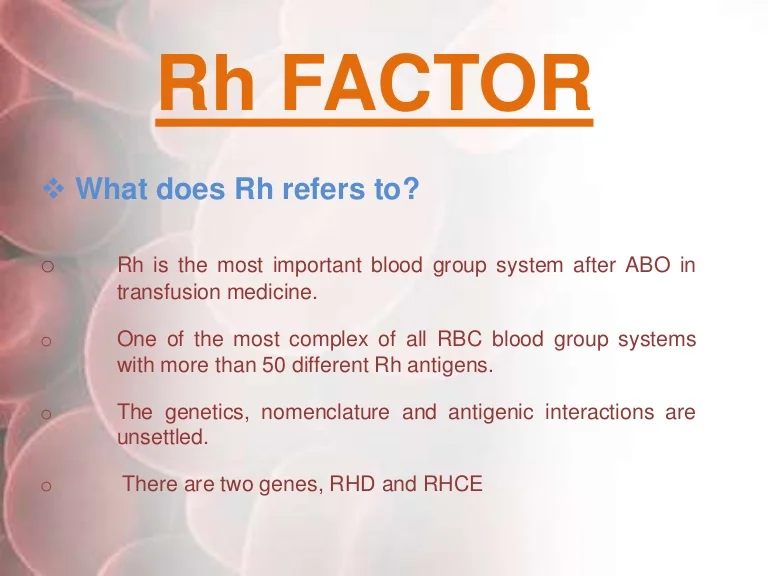



Rh Factor




Blood Groups Abo Blood Group Rh Blood Group Systems Byju S
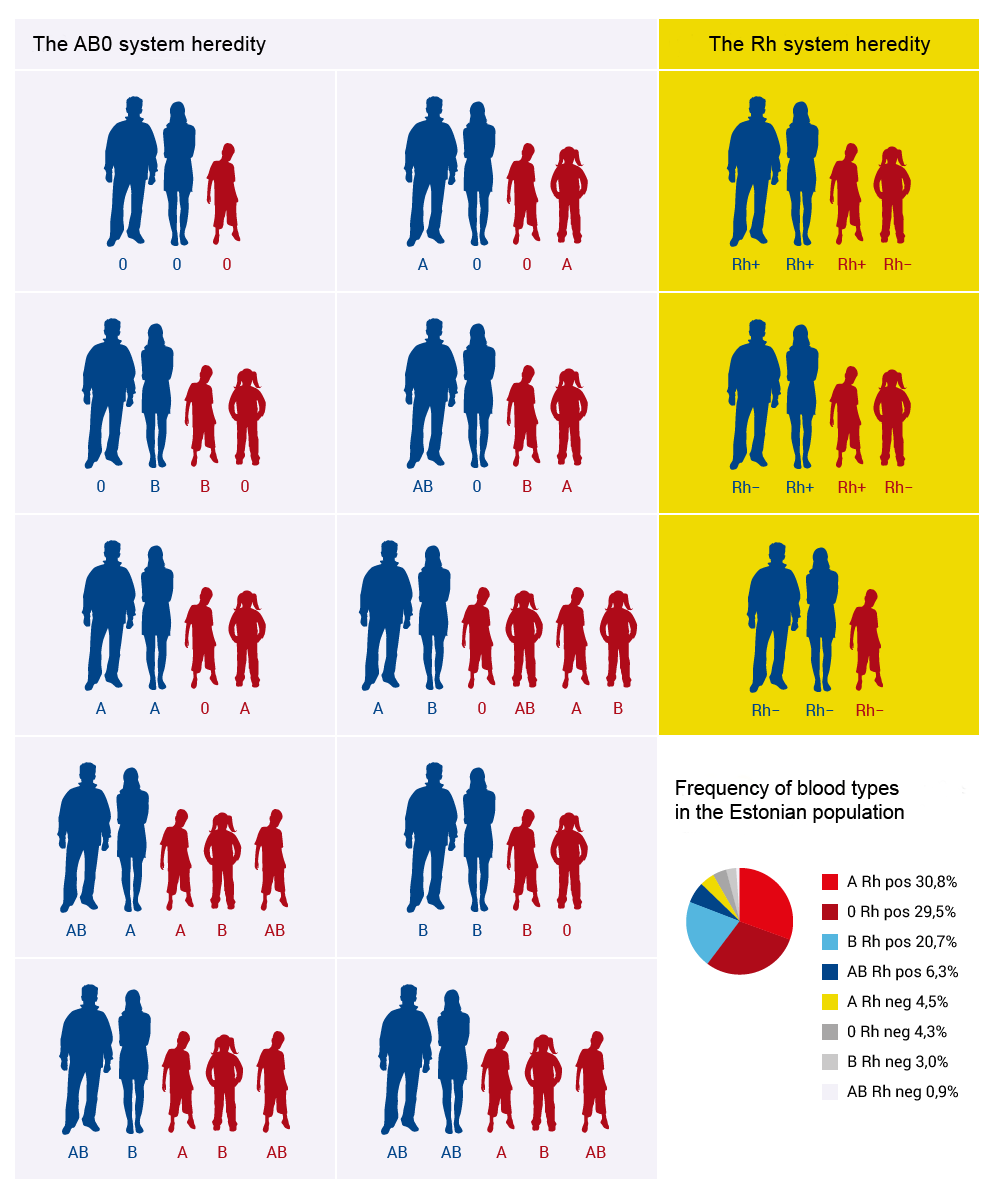



About Blood Types Blood Centre
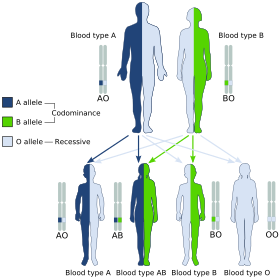



Abo Blood Group System Wikipedia



The Rh Blood Group System




Blood Groups Red Very Important Green Only Found
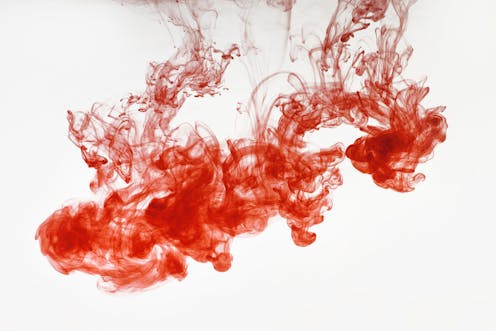



Blood Groups Beyond A B And O What Are They And Do They Matter
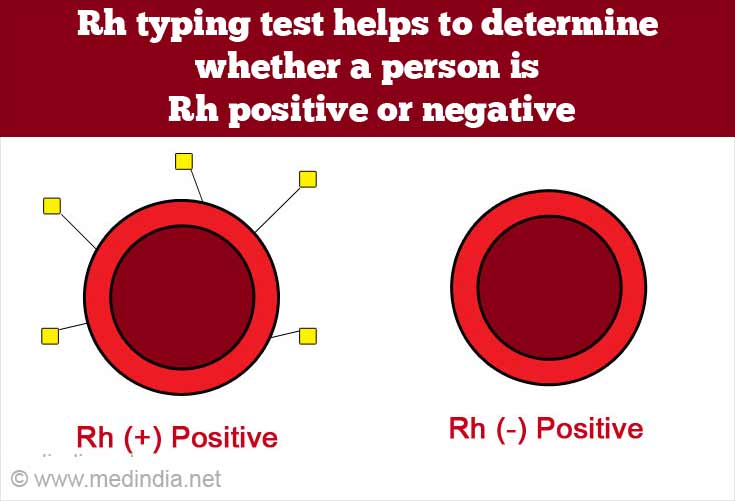



Blood Groups




Blood Types Advanced Read Biology Ck 12 Foundation



1




Blood Groups And Blood Transfusion Physiology By Dr



Www Ijpbs Com View Php Iid 469
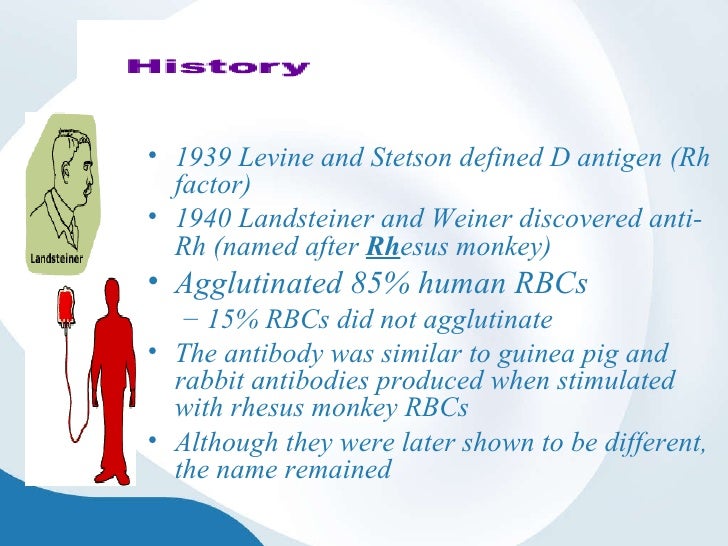



Rh Blood Group System
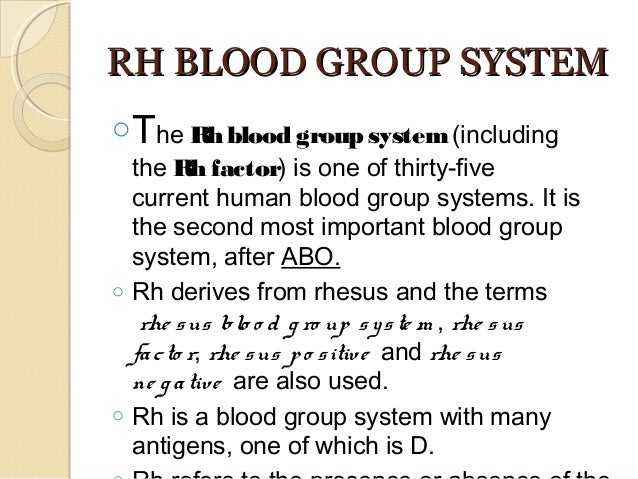



Abo Blood Group System



Weekender What Blood Types Are Really About
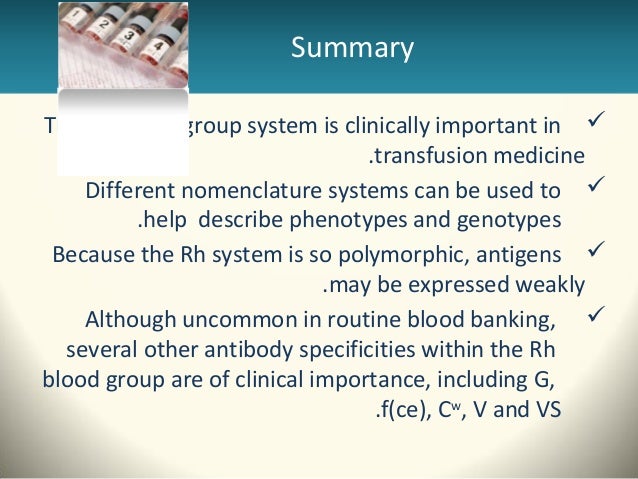



Rhesus
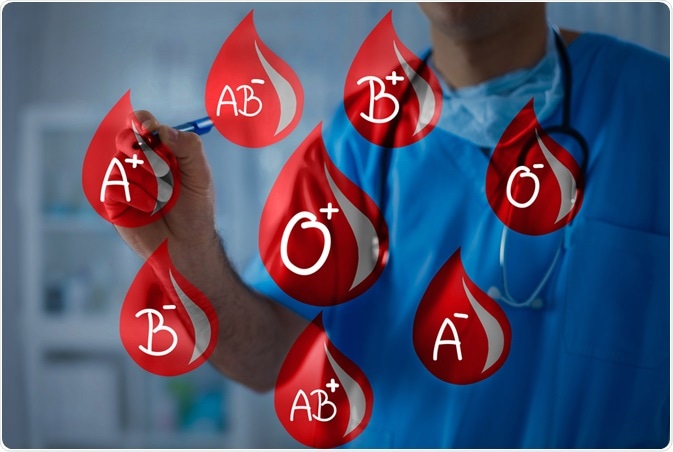



An Overview Of Blood Types
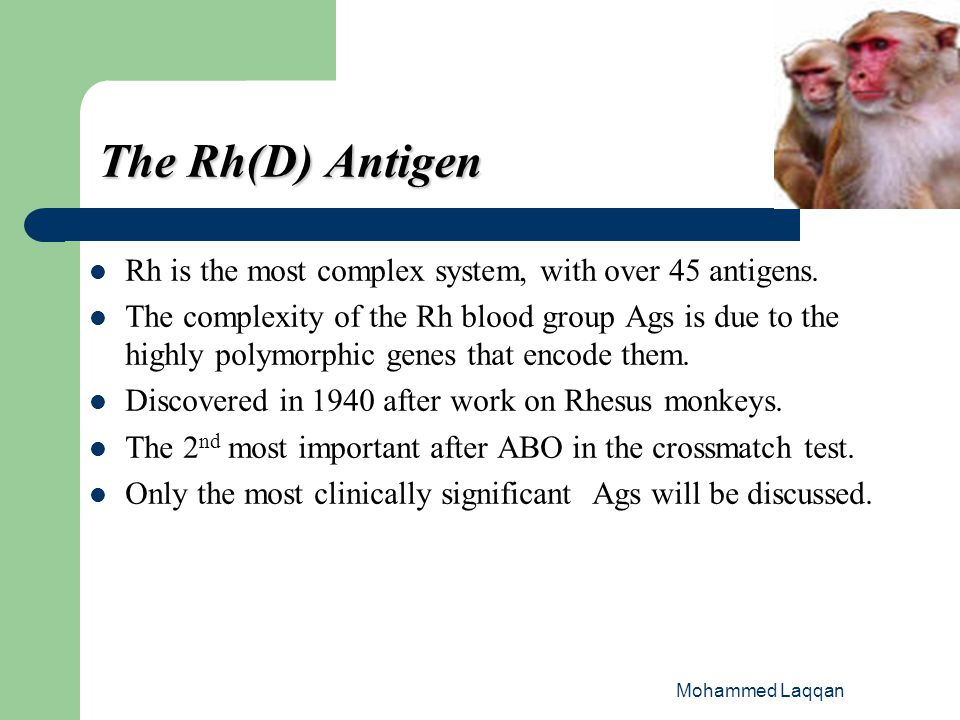



The Rhesus Rh Blood Group System Ppt Video Online Download



Why Do Rh Negative People Not Have The Rhesus Protein What Function Does This Protein Do In The Red Blood Cells Quora
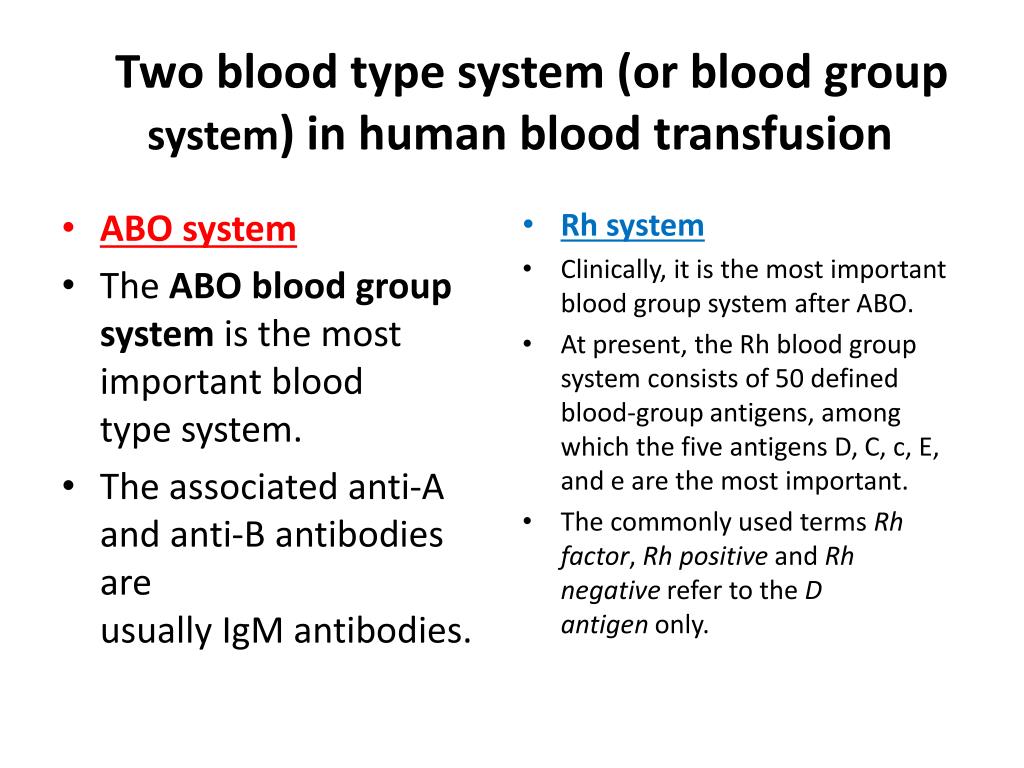



Ppt Blood Grouping Powerpoint Presentation Free Download Id
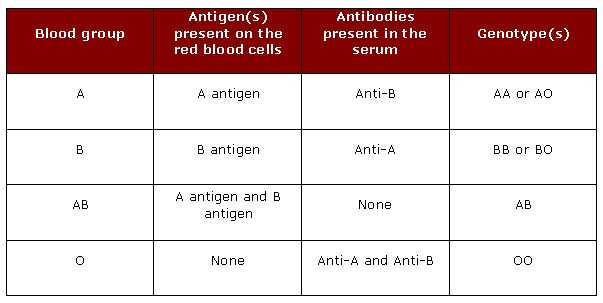



The Abo Blood Group Blood Groups And Red Cell Antigens Ncbi Bookshelf
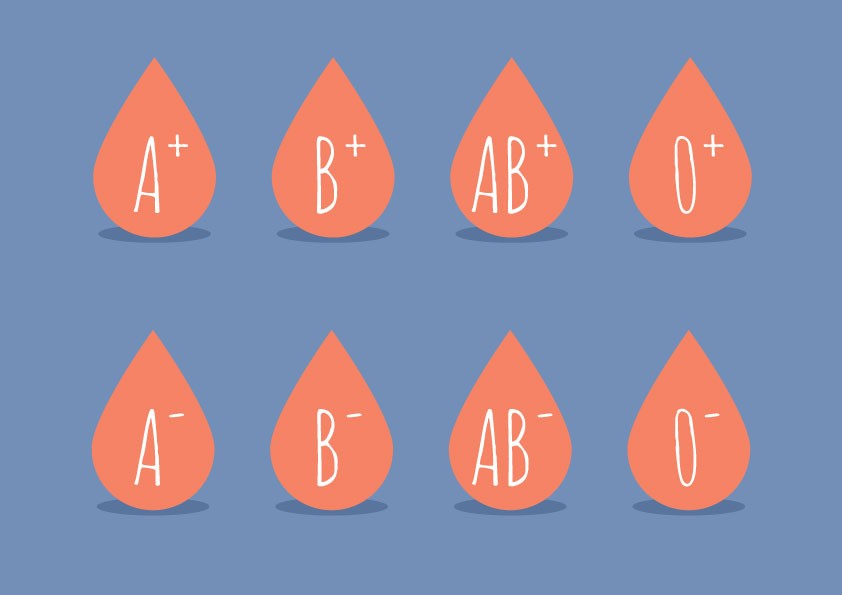



Types Of Blood Group Their Role And Significance
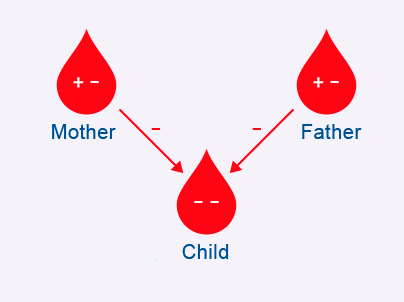



About Blood Types Blood Centre
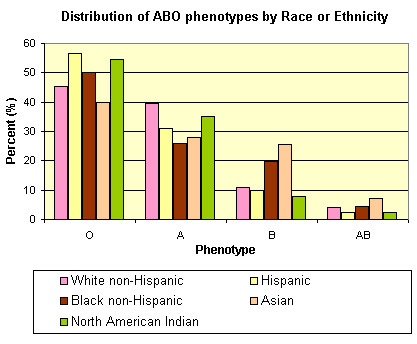



Blood Group Antigens Are Surface Markers On The Red Blood Cell Membrane Blood Groups And Red Cell Antigens Ncbi Bookshelf
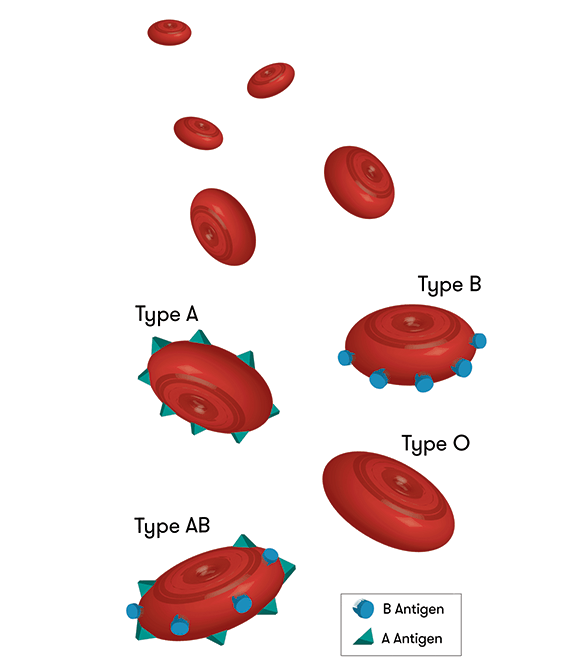



Understanding Different Blood Types Curious



The Rh Blood Group System
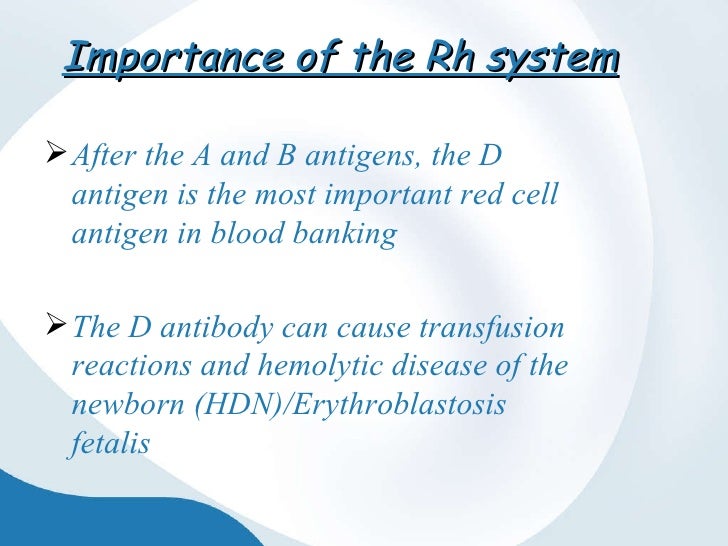



Rh Blood Group System
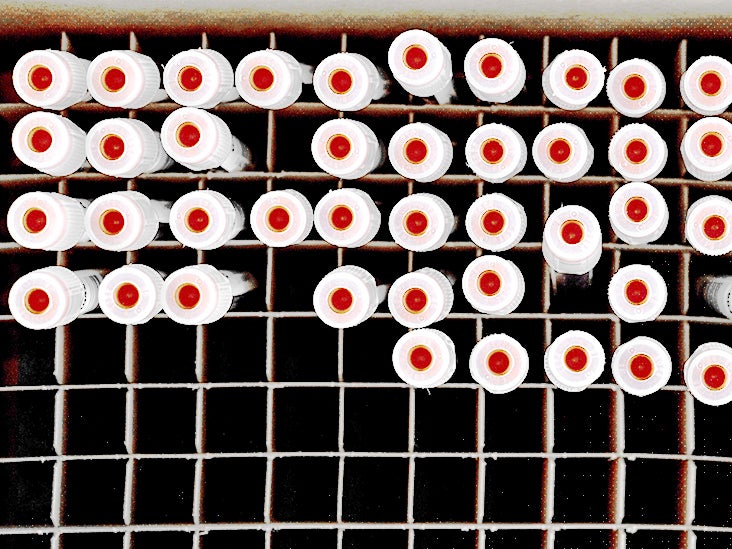



Blood Types What Are They And What Do They Mean




Unit 7 Rh Blood Group System Terry Kotrla
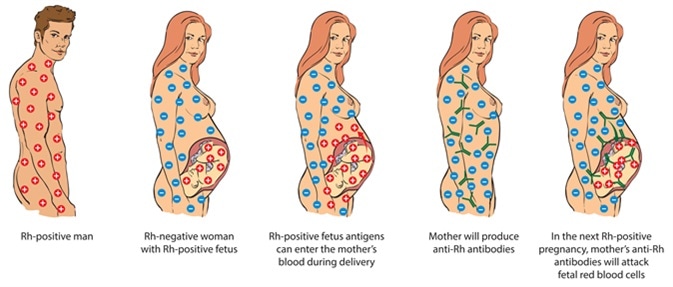



What Is Rh Blood Group




Blood Types Stanford Blood Center




Blood Types 101 What Does Your Blood Type Mean For Your Health




Understanding Blood Types




The Rhesus Rh Blood Group System Ppt Video Online Download
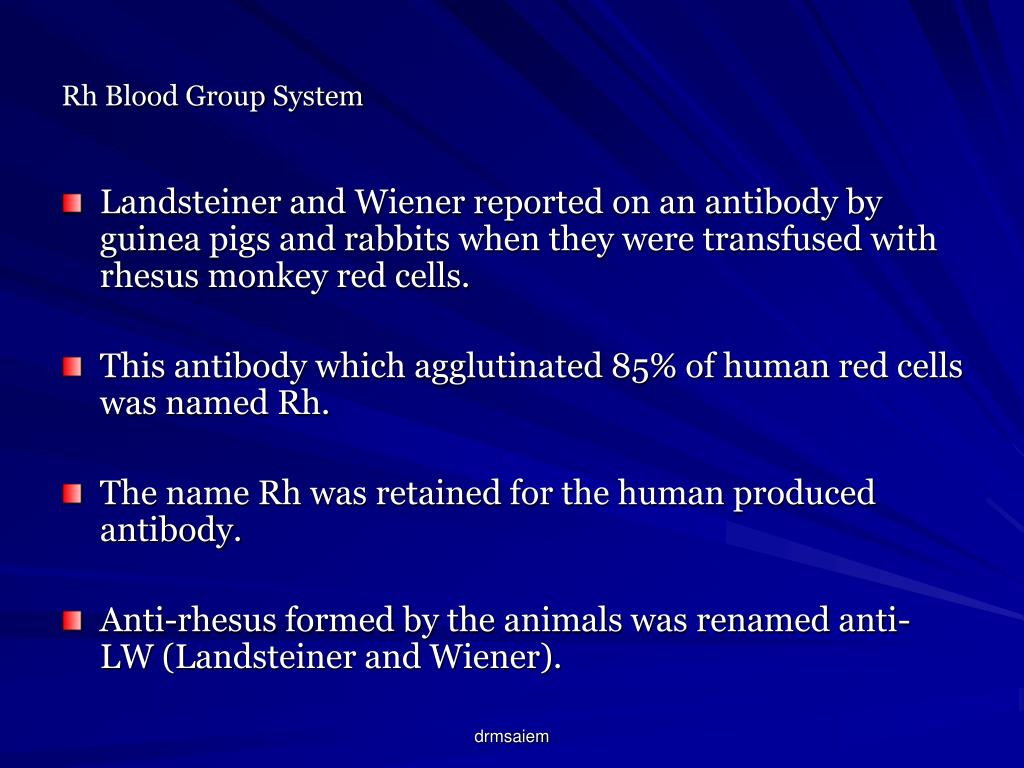



Ppt Rh Blood Group System Powerpoint Presentation Free Download Id
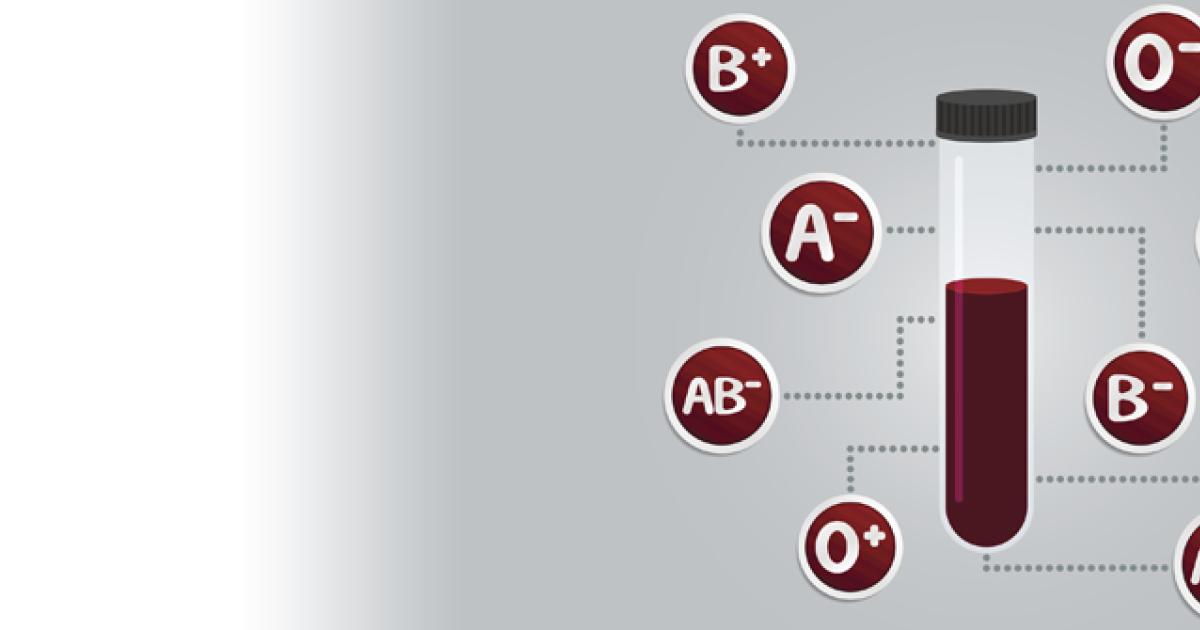



Knowing Your Blood Type Is More Important Than You Think El Camino Health
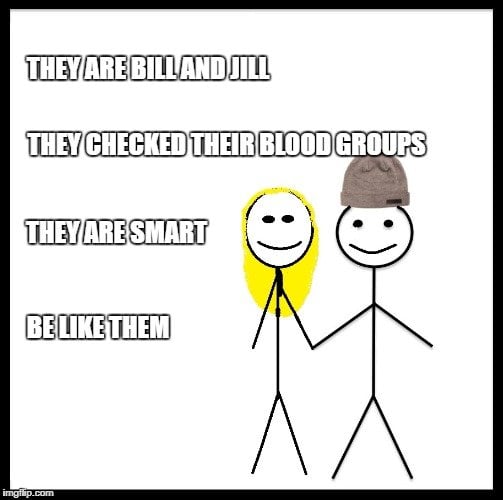



Blood Group Compatibility For Marriage Should You Compare Your Blood Group With Spouse




Blood Groups Bl Mtinangi Department Of Physiology Hubert Kairuki Memorial University 4th December Ppt Video Online Download
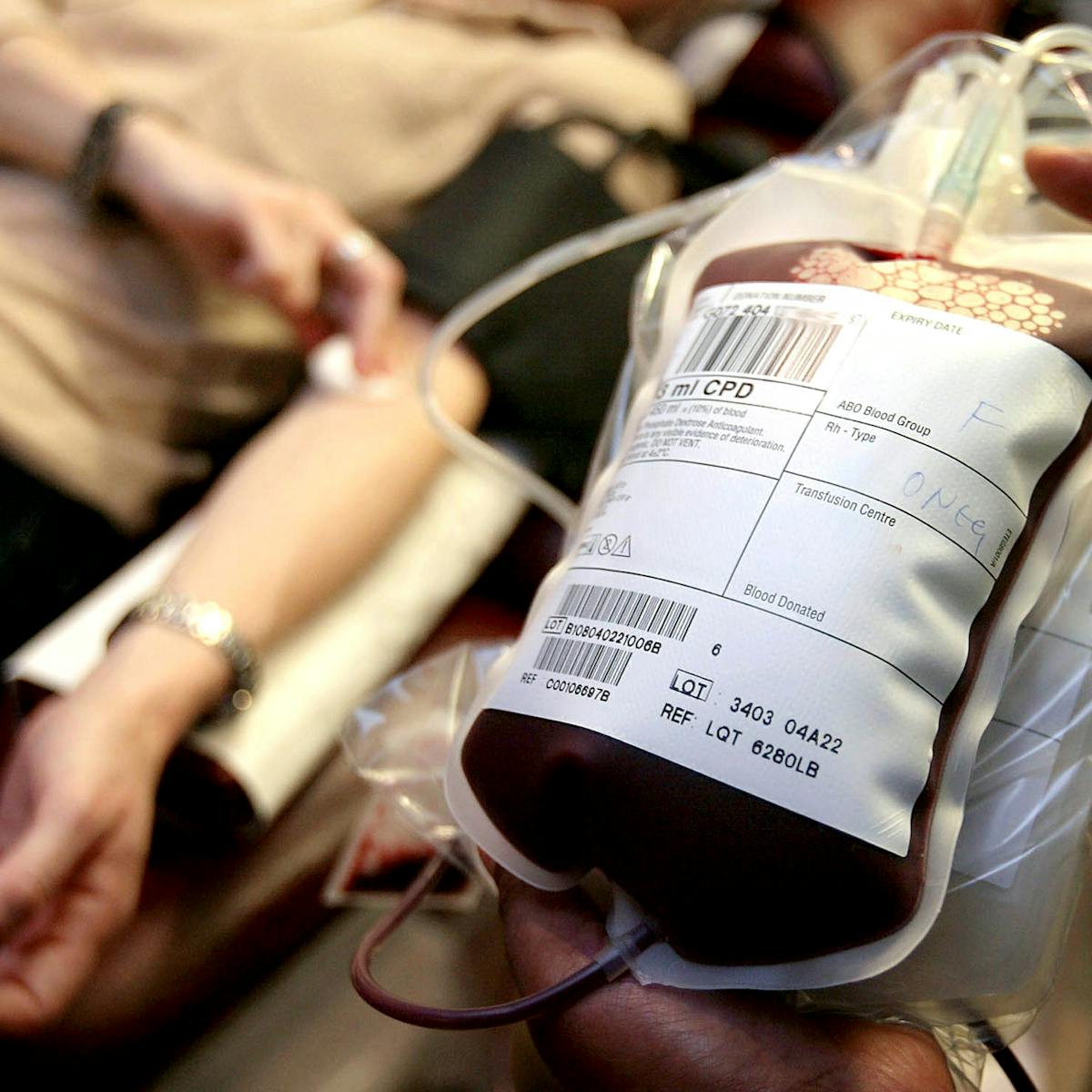



Explainer What Are Blood Groups And Why Do They Matter



Saudijournals Com Media Articles Sjls 49 2 286 Pdf




Rhesus Antigen An Overview Sciencedirect Topics




Statistical Summary For The Rh Blood Group System Download Table




Rh Factor Explained
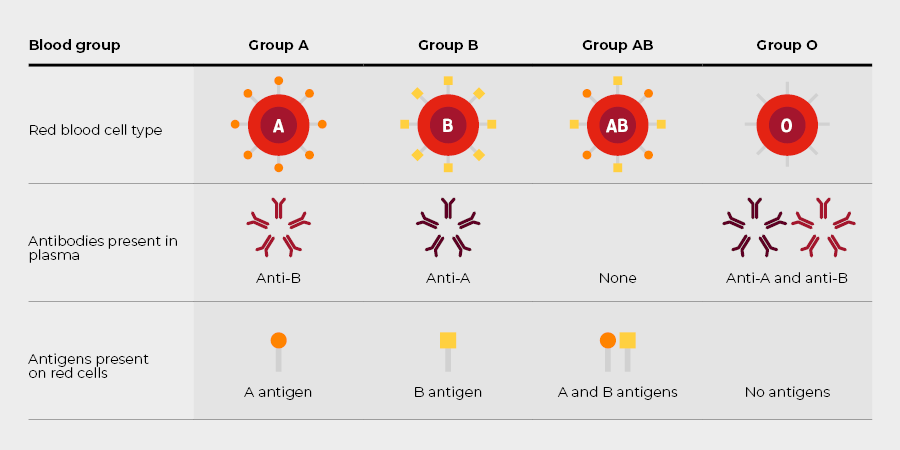



Abo And Rh Australian Red Cross Lifeblood
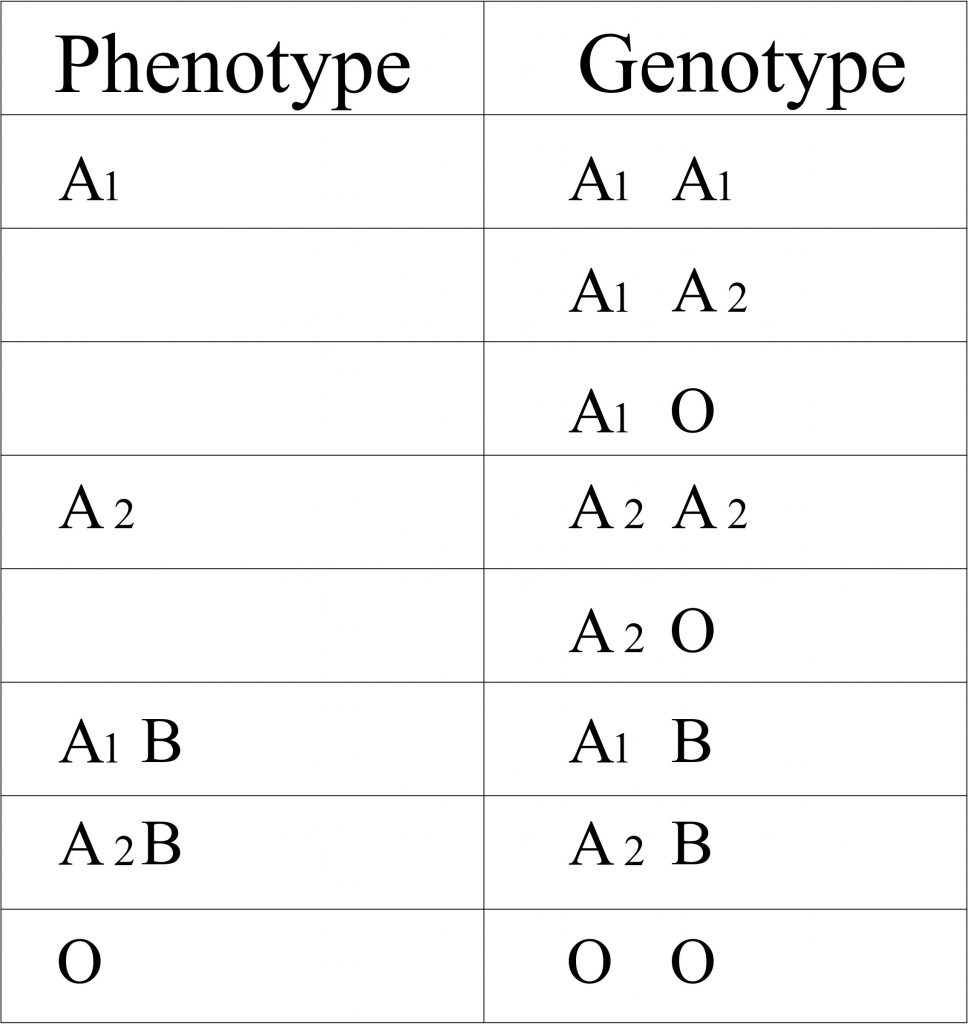



Blood Banking Part 1 Blood Groups Abo And Rh System Blood Grouping Procedures Labpedia Net



The Rh Blood Group System
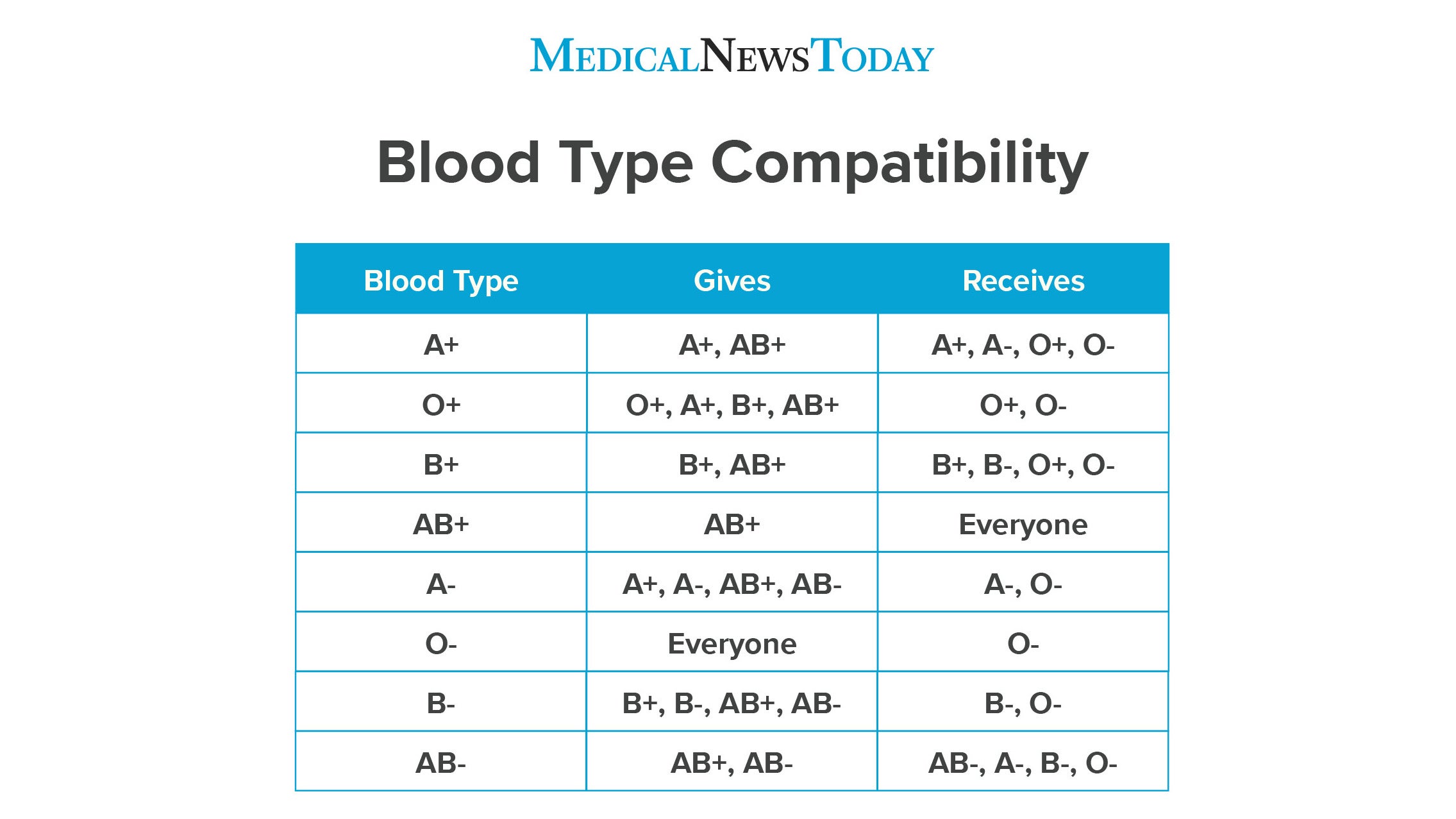



Blood Types What Are They And What Do They Mean
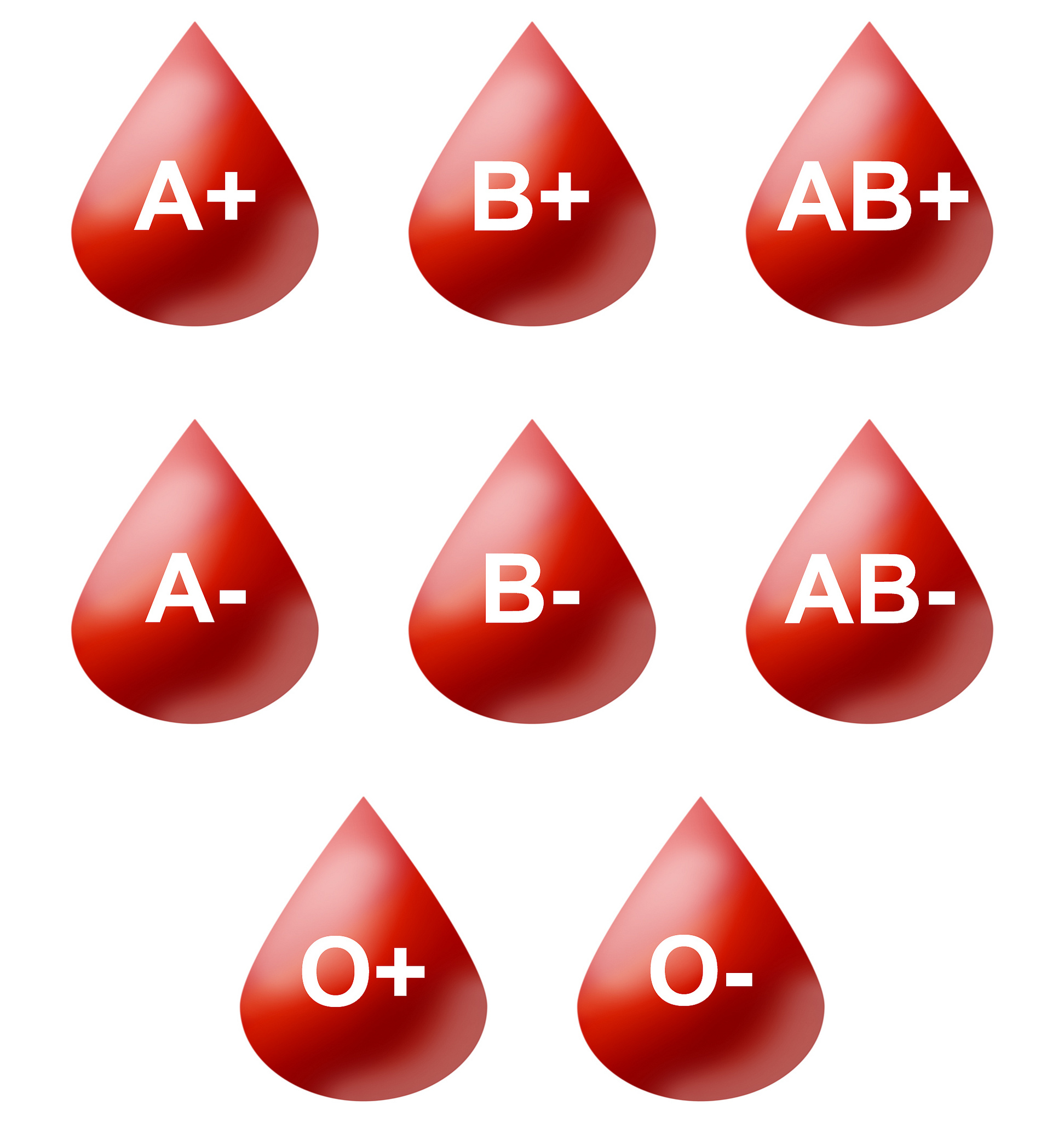



Understanding Different Blood Types Curious




Blood Typing Anatomy And Physiology Ii
/what-is-a-universal-recipient-3157299_final-ef9c51c8d1844e2cb1479c748f2b0423.png)



Universal Recipient Blood Types And Reactions
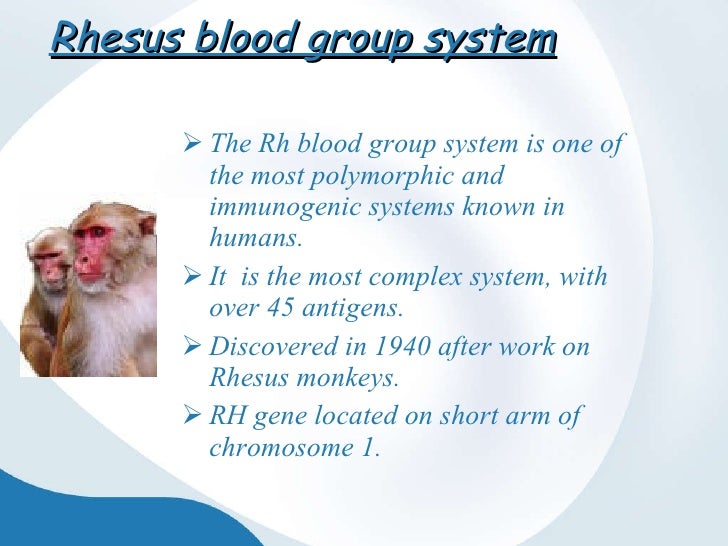



Rh Blood Group System




Rh Blood Group Definition Rh Factor Rh Incompatibility Britannica




Understanding Genetics




Rh Blood Group System Blood Type Blood




Interpretation Of Results Of Abo And Rh Blood Grouping Cell Grouping Download Table
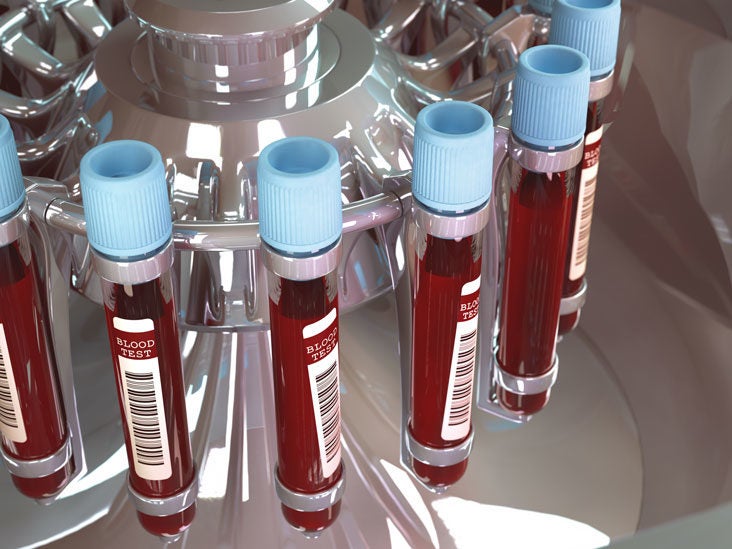



Blood Typing Purpose Procedure Risks



Blood Type Wikipedia




Genetics After Mendel Immunology Red Blood Cells Consist
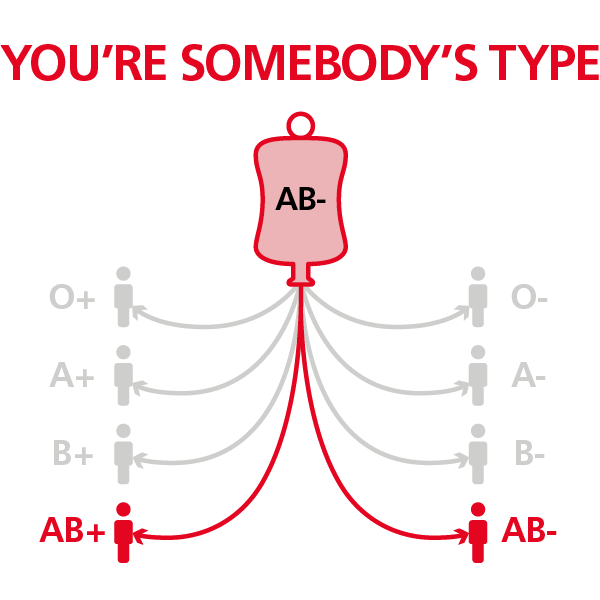



Ab Negative Blood Type Nhs Blood Donation




Blood Type Wikipedia
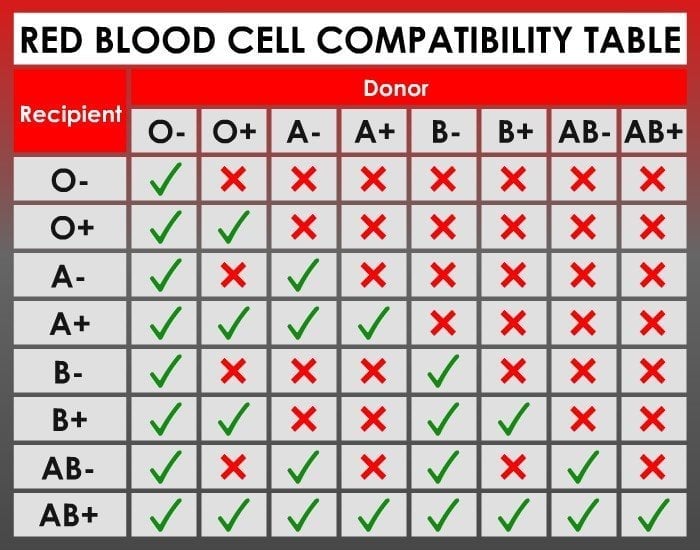



Blood Group Compatibility For Marriage Should You Compare Your Blood Group With Spouse


コメント
コメントを投稿